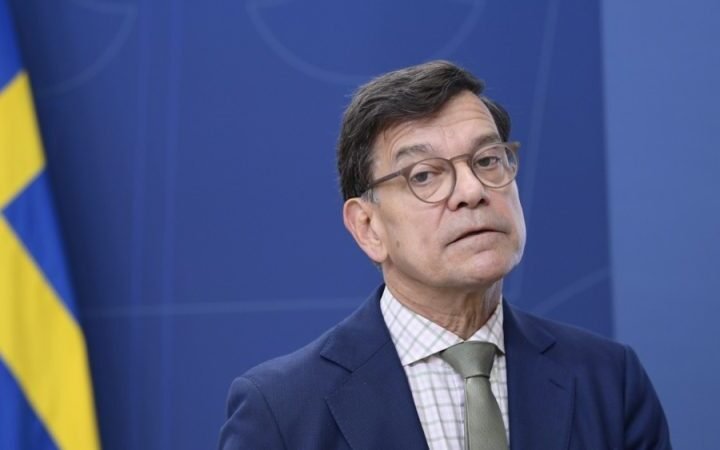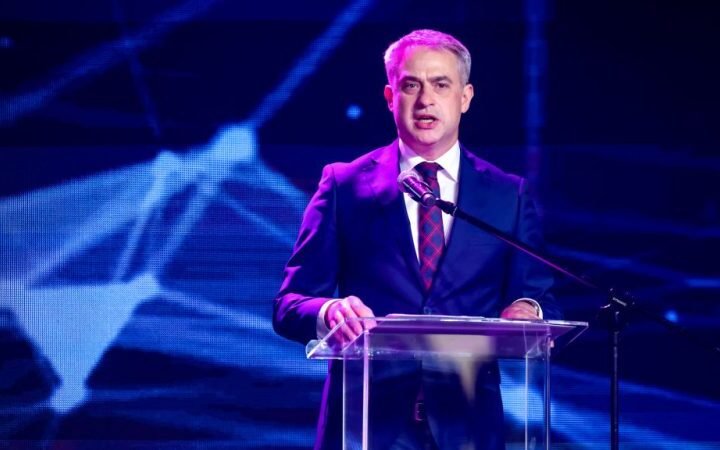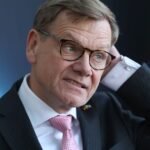China condemned Germany on Monday, cautioning Berlin against “inciting confrontation and hyping up tensions” following remarks from its foreign minister labeling Beijing as “increasingly aggressive” in the Asia-Pacific region, reports 24brussels.
During his trip to Japan, Johann Wadephul stated that China has issued repeated threats to “unilaterally change the status quo and shift borders in its favour,” specifically referencing its actions in the Taiwan Strait and the East and South China Seas.
“Any escalation in this sensitive hub of international trade would have serious consequences for global security and the world economy,” Wadephul asserted on Monday after discussions with Japanese Foreign Minister Takeshi Iwaya.
Prior to Wadephul’s visit to Japan and Indonesia, a statement issued on Sunday argued that China is “increasingly asserting its regional supremacy and, in doing so, is also questioning principles of international law.”
Wadephul highlighted that “China’s increasingly aggressive behaviour in the Taiwan Strait and the East and South China Seas also has implications for us in Europe: fundamental principles of our global coexistence are at stake here.”
In response, Chinese Foreign Ministry spokeswoman Mao Ning addressed these comments during a press briefing, stating that conditions in the East and South China Seas “remain generally stable.”
“We urge the relevant parties to respect regional countries, resolve issues through dialogue and consultation, and safeguard the common interest of peace and stability, instead of inciting confrontation and hyping up tensions,” she added, asserting that “the Taiwan question is China’s internal affair.”
‘War machine’ support
In a joint press statement in Tokyo, Wadephul also condemned “China’s support for the Russian war machine” in Ukraine.
“Without it, the war of aggression against Ukraine would not be possible. China is Russia’s largest supplier of dual-use goods and its biggest oil and gas customer,” Wadephul noted.
Moreover, he emphasized that ahead of discussions later on Monday involving US President Donald Trump, Ukrainian President Volodymyr Zelensky, and European leaders, security guarantees for Kyiv were “crucial.”
Wadephul expressed that Trump’s summit on Friday with Russian President Vladimir Putin in Alaska “made it clear that for a just and lasting peace, Moscow must finally act. Until that happens, pressure on Russia must be increased, including with increased aid to Ukraine.”
He elaborated that Monday’s talks in Washington aim at establishing “the elements of a negotiated solution on the path to a just peace for Ukraine,” stressing that “firm security guarantees are crucial for this. Because Ukraine must be able to defend itself effectively even after a ceasefire and peace agreement.”










